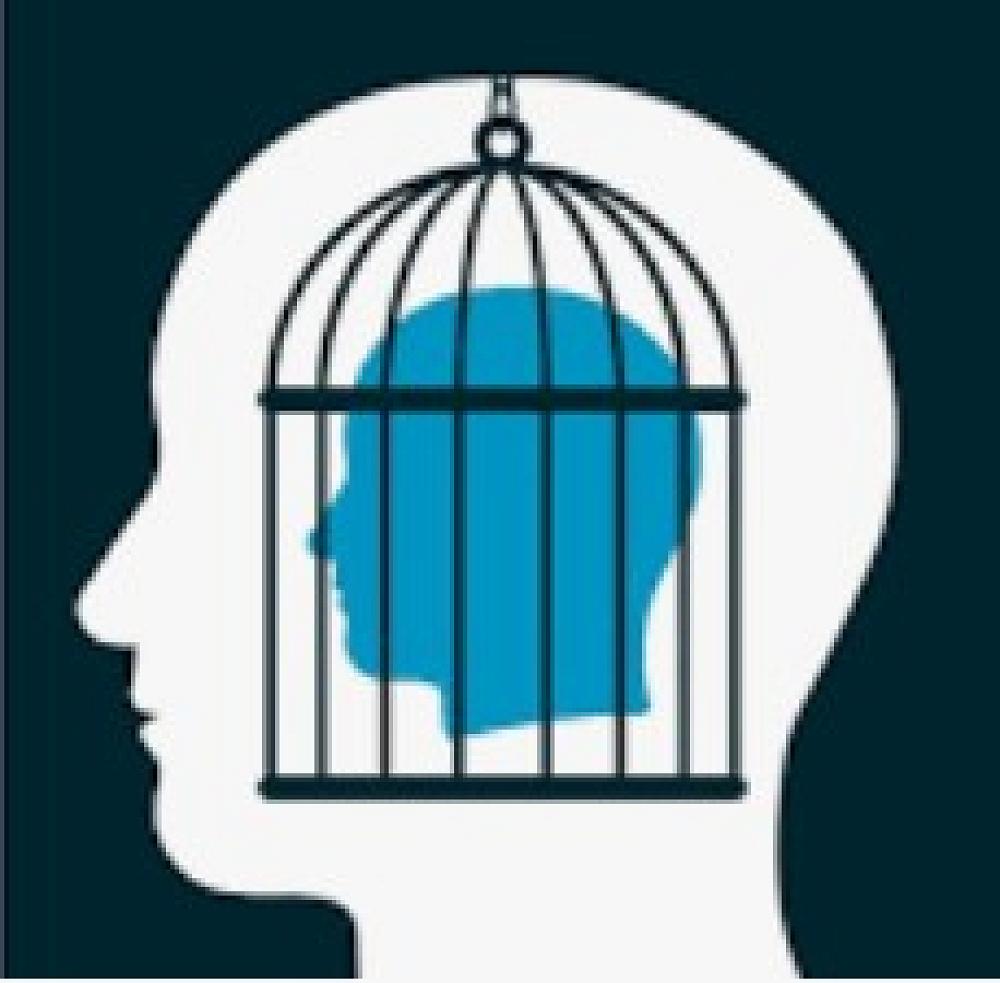
Positive Education
Thinking Traps
Sometimes, our thoughts can be our worst enemy. Especially when our mood is low, it is easy to get caught in a ‘thinking trap’: a thought pattern that confirms our negative mood and prevents us from seeing things as they are. It is helpful to be aware of these thinking traps, so we can recognise them and move on.
Here are some common thinking traps:
Mind reading – assuming we know what others are thinking. I might assume that lack of contact from a friend reflect they are thinking negatively towards me, when they are just busy!
Overgeneralisation – taking a negative experience, and imagining it reflects something much larger. For example, I might not pass a test and conclude that means I will never succeed in that subject.
Egocentric thinking – imagining that other people have the same point of view and values as us, and interpreting their actions through this lens. If I am never later to an appointment, then I might interpret somebody else’s lack of punctuality as a sign of disrespect.
Emotional reasoning – this is putting too much weight on our emotional response to an event. I could feel that I have let my team down because I am disappointed in my performance, when nobody in my team feels the same.
All-or-nothing thinking – seeing everything as an absolute success or failure. I might think that one small hitch in an event I’ve organised means the whole event is a disaster.
When we find ourselves thinking in these ways, it can help to recognise it and try to see our situation from other valid perspectives. This can reduce the power these thinking traps have on us. Giving ourselves time for our emotions to settle can also help.
We all know what it is like to re-evaluate a situation once we are feeling calmer and seeing things more clearly – the goal is just to speed this process up!
Source: Smith, Julie, Why Has Nobody Told Me This Before.
